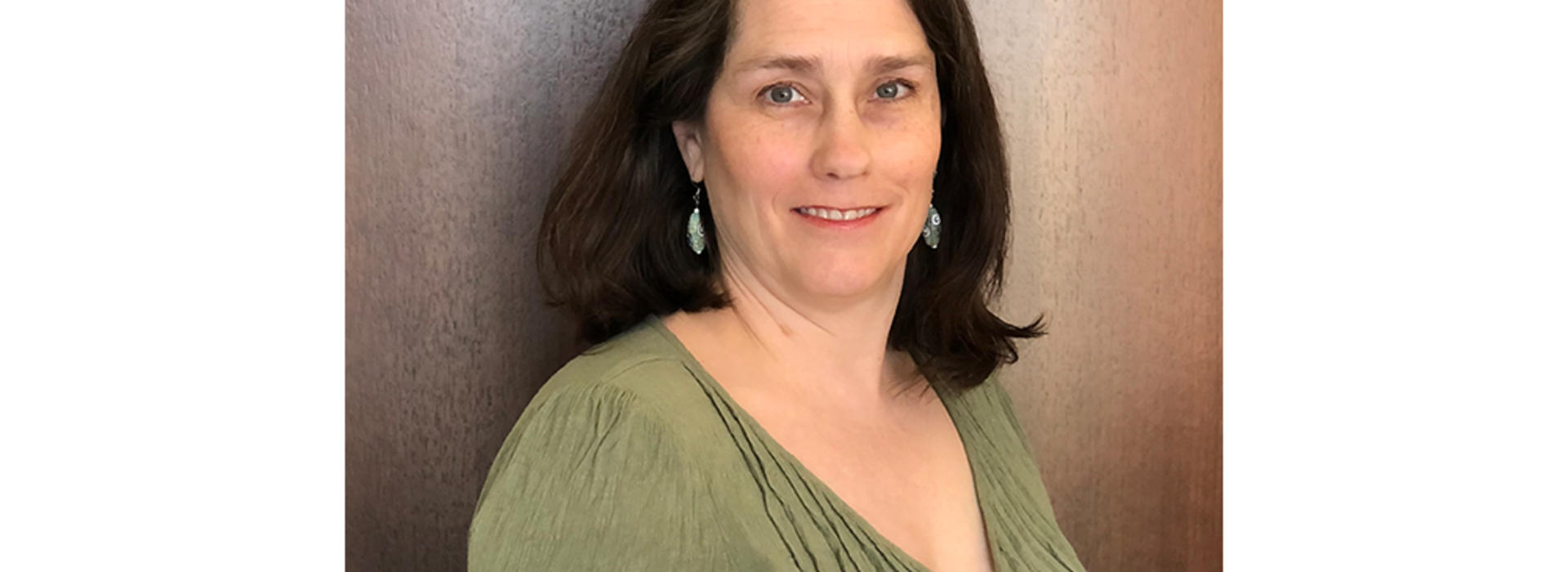
Sophia Yohe’s, MD, Passion for Pathology Supplies Minnesota with Critical COVID-19 Testing
A desire to plant roots closer to home drew Sophia Yohe, MD, to the University of Minnesota Medical School. A native of Fargo, North Dakota, she graduated from the Medical School in 1995, but for eight years after, she traveled the world—from Hawaii to Germany—serving as an internal medicine physician in the U.S. Army.
“I really liked putting the puzzle pieces together, coming up with an answer and a diagnosis and contributing to medicine in that way. Those were the aspects of internal medicine that I liked a lot, but at least back when I was doing it, it was less of that,” Dr. Yohe said.
In 2003, she left the Army to explore this interest, ultimately deciding on a career in pathology. She completed additional training in Texas before finally returning closer to home for a molecular genetic pathology fellowship at the Medical School. By 2009, she earned a spot as a faculty member in the Department of Laboratory Medicine and Pathology.
Improving Diagnostic Testing for Hematopoietic Malignancies
Today, Dr. Yohe wears many hats. She is an associate professor, serving as the medical director for both the Molecular Diagnostics Laboratory and Flow Cytometry Laboratory and leads the Molecular Genetic Pathology Fellowship program. Her research, some in partnership with the College of American Pathologists, focuses on genetic changes and improving detection of minimal residual disease in hematopoietic malignancies, like acute myeloid leukemia and myelodysplastic syndrome, using genomic and flow cytometric technologies.
“For molecular testing, I’ve looked at how we sample the actual tumor and how that can affect molecular testing,” she said. “I’ve also worked on the process of interpreting molecular, next-generation sequencing data, and how we use databases for that and how that impacts how we function in pathology.”
Improving Diagnostic Testing for COVID-19
This expertise translated well when Dr. Yohe realized the nation faced a shortage in COVID-19 testing. After reaching out to colleagues in the Department of Microbiology and Immunology, Dr. Yohe formed a team to bring up a new assay—or testing procedure—to diagnose patients with COVID-19. Within days, they had converted laboratory space in the University’s Biomedical Discovery District to house the state’s then-fastest COVID-19 testing facility.
“Some of the commercial tests we have now are quicker, but they were not going to be available for two or three weeks later. I think we made the right decision to divide and conquer and get that information to patients as quickly as possible,” Dr. Yohe said.
A couple weeks later, their team validated an assay that increased their testing capacity by avoiding the use of supplies and reagents in national shortage. Because of Dr. Yohe’s team, state leaders and healthcare professionals will soon better understand the current rate of COVID-19 infection—a key datapoint needed to overcome the pandemic.
“It’s nice to be able to contribute to diagnostic testing during this time,” she said. “I know that there are a lot of people out there who feel the same way, where they want to help in this crisis. We have been very lucky there’s something very concrete that we can do to help, and I think that’s just been incredibly rewarding for us all.”